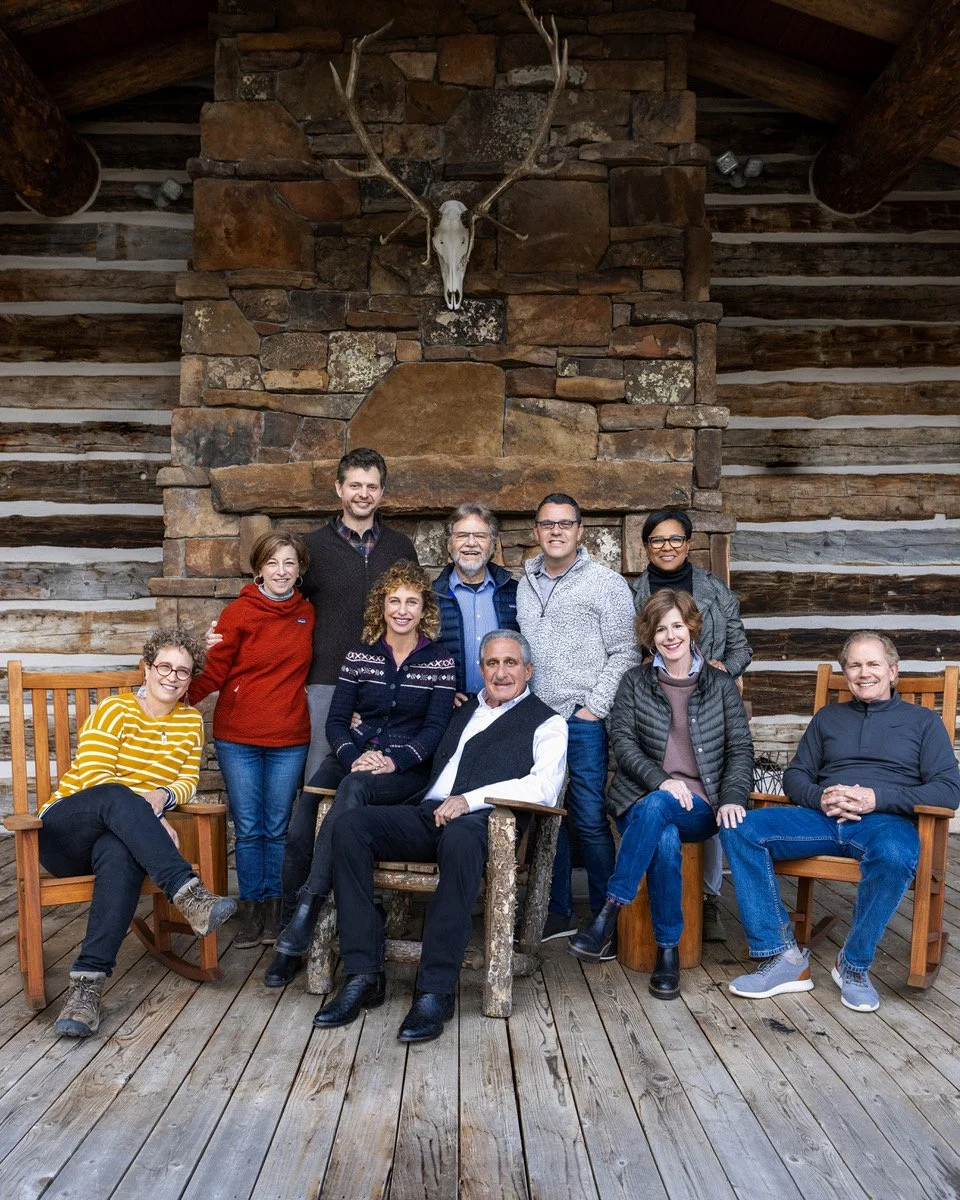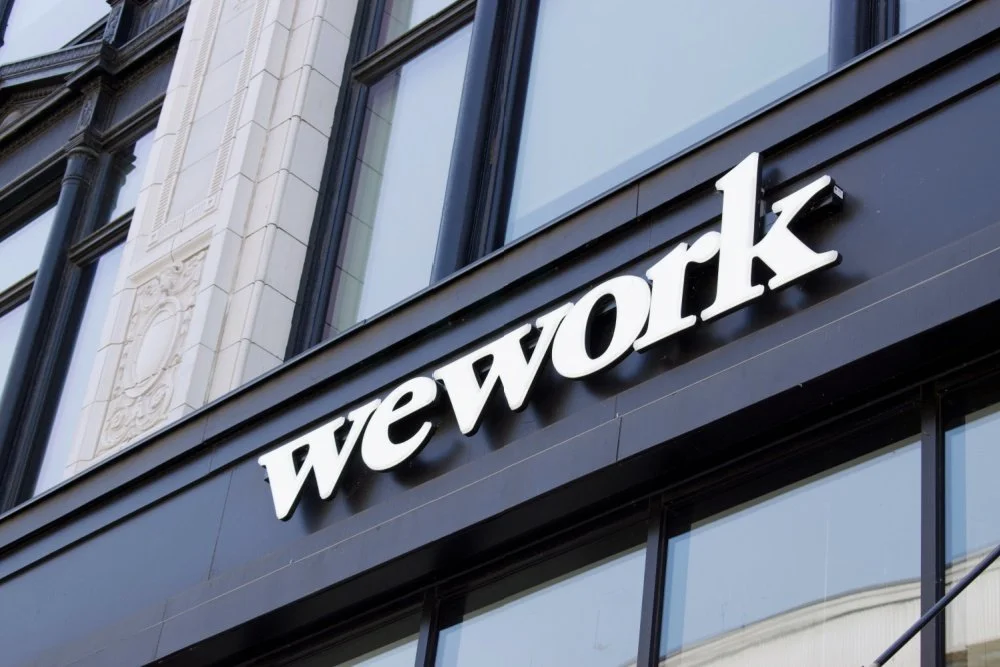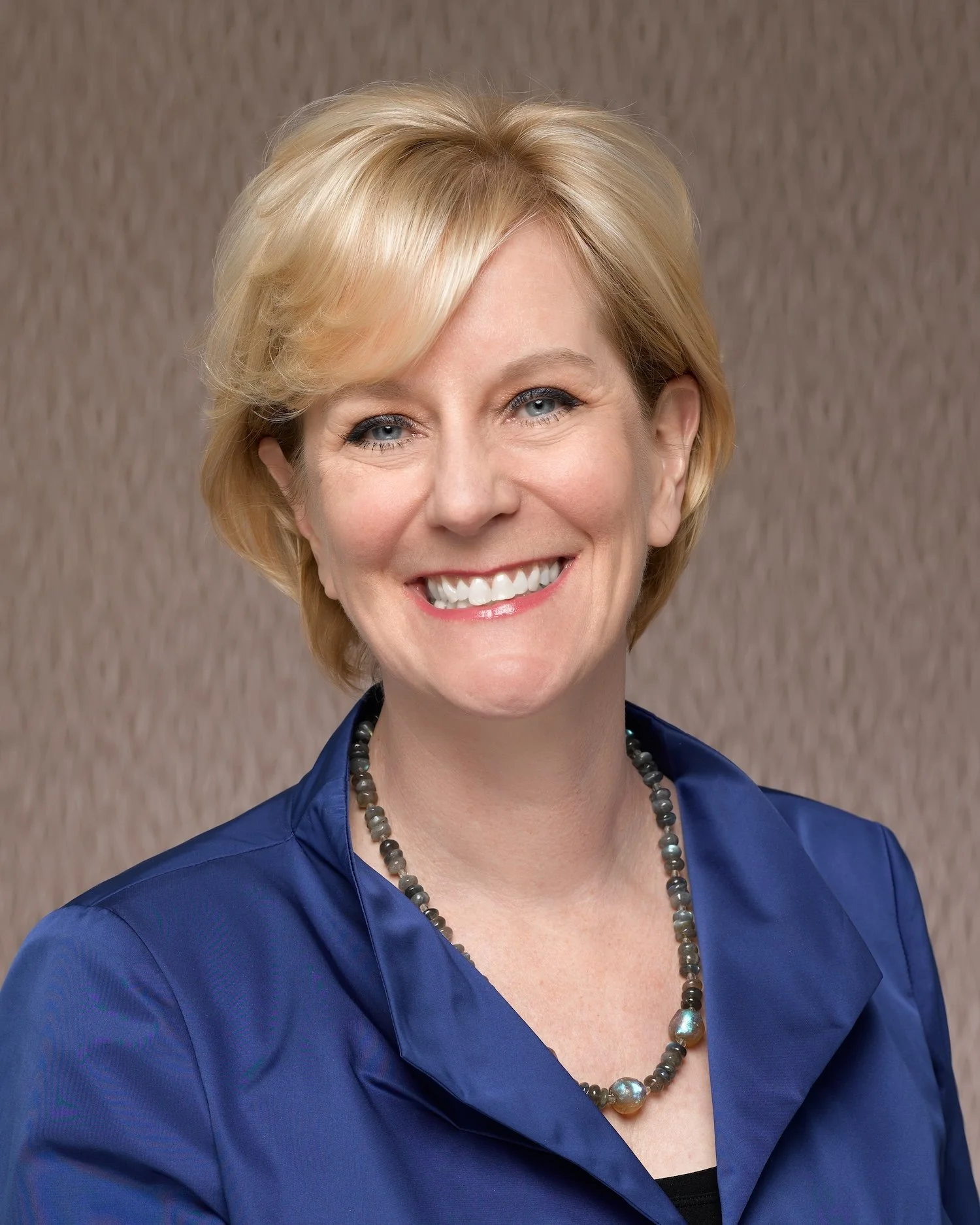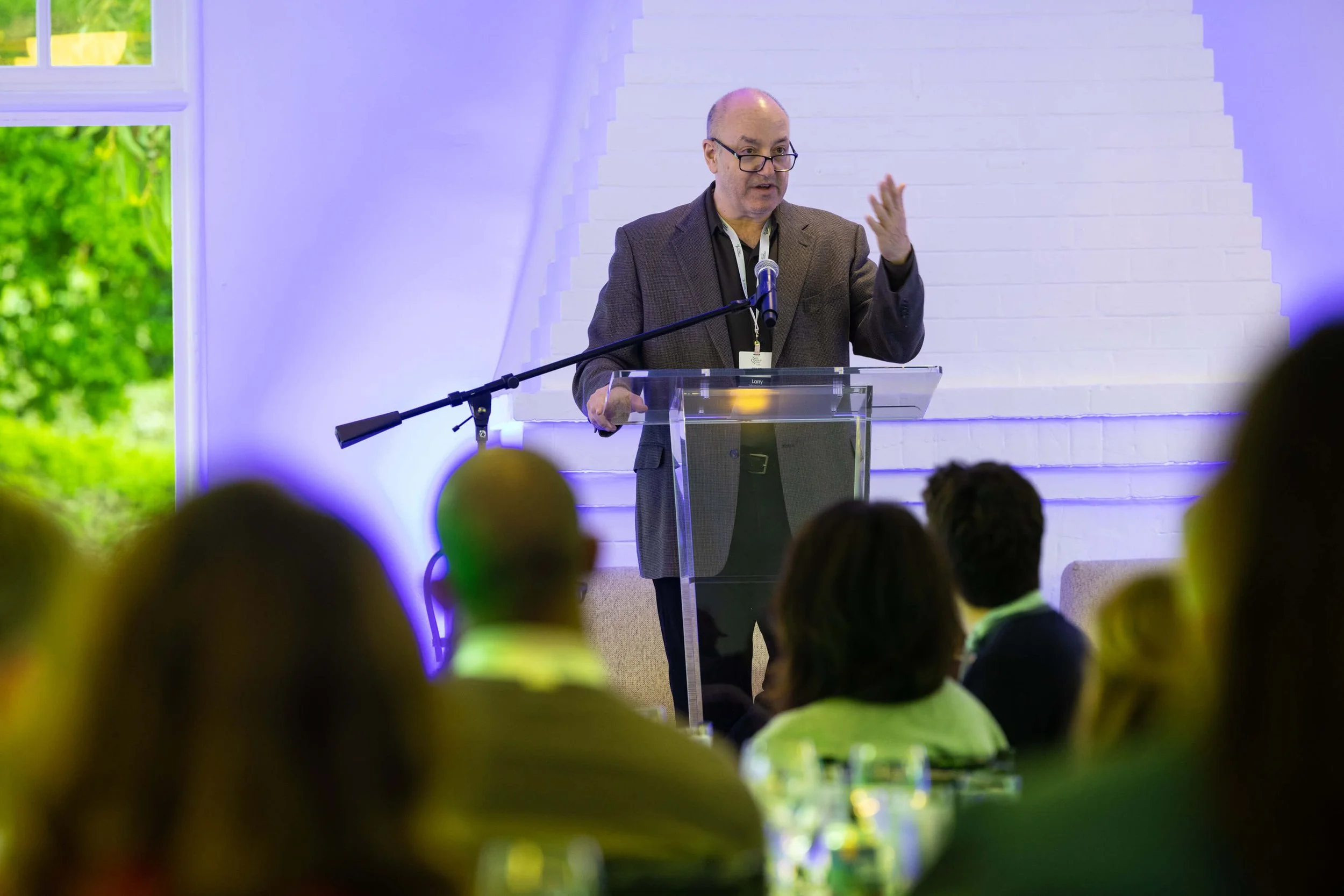As an Environmental Funder Charts a New Path, it Looks to Others to Lead the Way
/Libra is listening to communities directly affected by climate change. Robert Blouin/shutterstock
The new leadership team at the Libra Foundation, the progressive philanthropy of a branch of the Pritzker family, is determined to get closer to the ground.
That’s literal, in the sense that Executive Director Crystal Hayling moved the foundation out of its “hermetically sealed” high-rise office building and into a cozier, more inviting converted house after she took over in 2017. But in the case of the foundation’s environmental justice program, Hayling and Senior Program Officer Angie Chen are also trying to ground their new strategy firmly in the lives and needs of people working in communities.
They’ve been reshaping the funder’s environmental giving as part an ongoing, foundation-wide reboot, which involved moving from Chicago to San Francisco, hiring a full-time staff for the first time, and building out three programs centered on human rights in the United States. On the environmental justice side, that includes looking at the ways climate change intersects with human rights and social justice issues, and increasingly focusing on lifting up community-based solutions.
Related: Game Changer? The Promise and Perils of Bloomberg’s Big New Climate Funding Push
Hayling and Chen are also refreshingly eager to learn from others—quick to point out that at this stage, they are “more curious than certain.” The team is still very much figuring out how the small, lefty funder might take environmental philanthropy beyond the legal- or policy-oriented norm toward something more focused on people and how they experience climate change.
“It’s an evolving understanding of a very basic concept, which is people closest to the issue are likely to have the best solutions to the problems that they face,” Hayling says. “At some level, that seems pretty logical, but I think it quite honestly does fly a bit in the face of how many of us in philanthropy have behaved.”
In that evolution, Libra’s team is looking largely to local organizations and networks led by women and people of color, and trying to avoid the presumption that they, or the sector in general, have all the answers.
“[Philanthropy has] kind of assumed that our positions allow us to have a perspective that is broader, and better, to some extent, than local communities… and I think that perspective has really damaged our effectiveness,” Hayling says.
Libra 2.0
Launched in 2002, the foundation currently has an endowment of $480 million, anticipating around $23 million in grantmaking in 2019. It’s governed by the family of Nicholas Pritzker and Susan Pritzker, part of one of the wealthiest families in the country, best known for the Hyatt hotel chain. For years, the foundation stayed pretty low-key, hiring a consulting firm to advise on grants, with Susan and daughter Regan Pritzker active in grantmaking. Regan Pritzker, in particular, has driven Libra’s impact investing work.
The foundation’s past grantmaking has been in women’s rights and human rights, and environmental giving focused on legal action by groups like Earthjustice, EarthRights International, and Our Children’s Trust. Libra has also backed environmental justice networks such as Global Alliance for Incinerator Alternatives and more recent coalitions such as It Takes Roots, which works to center frontline communities in the climate movement.
In 2017, the family decided it was time to staff up, hiring a leadership team (just extended to six after two new hires) to develop what they think of as “Libra 2.0.” They’ve made efforts to become more accountable to grantees by slashing paperwork, making mostly multi-year and general support grants, and, of course, the cozy neighborhood office. The team has also been fleshing out its three focus areas—social justice and drug policy, women’s rights, and environmental justice—in ways that aim to build lasting power in low-income communities and communities of color.
Related: Inside the Libra Foundation: How a Branch of the Pritzker Family Backs Movement Building
“One of the things I talked to the family about, even just in the… interview process, was, to me, a human rights framework that focuses in the United States, by necessity, must include a racial justice framework,” Hayling says.
She brings extensive leadership experience from philanthropy and the private and public sectors, having worked in equitable healthcare access, food systems, criminal justice and more. Chen came on to lead the environment program in 2018, having worked with Pisces and S.D. Bechtel, Jr. foundations, and most recently as founding executive director of the Blue Sky Funders Forum.
Chen says she came into the job with a background mostly in traditional environmental work, but was also cognizant of its shortcomings. While she and Hayling both recognize the importance of legal and policy strategies, the 2016 presidential election made it clear that top-down solutions won’t get us all the way there. That’s especially the case considering the influence that polluting industries hold over political leaders.
“[I] was just really excited about the fact that Libra was working on this issue from a base-building and a long-term power-building perspective, to create a base of support for issues so that we can maintain them when we have changes in leadership,” Chen says.
More Curious Than Certain
Chen and Hayling are now working on a program that seeks to advance some of what’s been lacking in climate and environmental philanthropy, including more diverse leadership and an acknowledgement of the power imbalances behind environmental problems.
"At the core of all of the issues Libra is working on are these systemic injustices that communities of color and low-income communities have been facing for generations, and that philanthropy hasn't necessarily looked straight in the eye,” Chen says.
One of the most encouraging things about the program currently is the team’s openness to uncertainty about where it might go. It suggests they aren’t picking a set path and merely plugging in grantees to carry it out, as foundations often do.
They know the basic direction they want to head—focusing on movement ecosystems and regions that are especially impacted. But being based in California, Chen says they know partnerships in different regions will take time to build. They’ve been visiting sites in Florida, Alabama and Georgia, and looking to multi-issue organizing groups that often connect with environmental issues through public health, voting rights, reproductive rights, or disaster relief.
The foundation’s latest docket is the first round of environmental grants under their new direction—all groups led by people of color and working to build community power. For now, they’re staying close to home, focusing on EJ networks and groups in California, such as Asian Pacific Environmental Network, California Environmental Justice Alliance, and racial justice network Coalition of Communities of Color. The foundation continues to back national networks like It Takes Roots and grassroots intermediaries like Global Greengrants Fund, with some support continuing for litigation strategies.
One issue many of Libra’s current grantees are working on is centering environmental justice in the development of the Green New Deal. While Libra and its grantees are largely supportive, they’re also pushing to make it stronger and more responsive to local organizers, challenging elements like net-zero emissions on the basis that it worsens the pollution burden on frontline communities.
Related:
How a Green New Deal Backer Supports Movement Building—and How It’s Paying Off
Mainstream Greens and Funders Are Still Very White—Are They Risking Their Relevance?
Libra’s also working on increasing diversity and attention to social justice within its field. It’s a funder of Green 2.0, a tracking and organizing effort to confront the overwhelmingly white environmental philanthropy and nonprofit world. Chen has also been involved in the Environmental Grantmakers Association for years, and is co-chairing the 2019 retreat, which will include trainings on racial equity and justice within foundations and in grantmaking practices.
Libra’s still charting its new path, but like other small progressive funders, it’s also hoping to work with its peers to make an impact that goes beyond its own dollars. Chen says she’s seen conversations within environmental philanthropy shift over the years toward diversity and inclusion, but the flow of funds hasn’t followed suit. As focused as they are on learning, the team at Libra is also interested in bringing some of those lessons back to the sector.







































